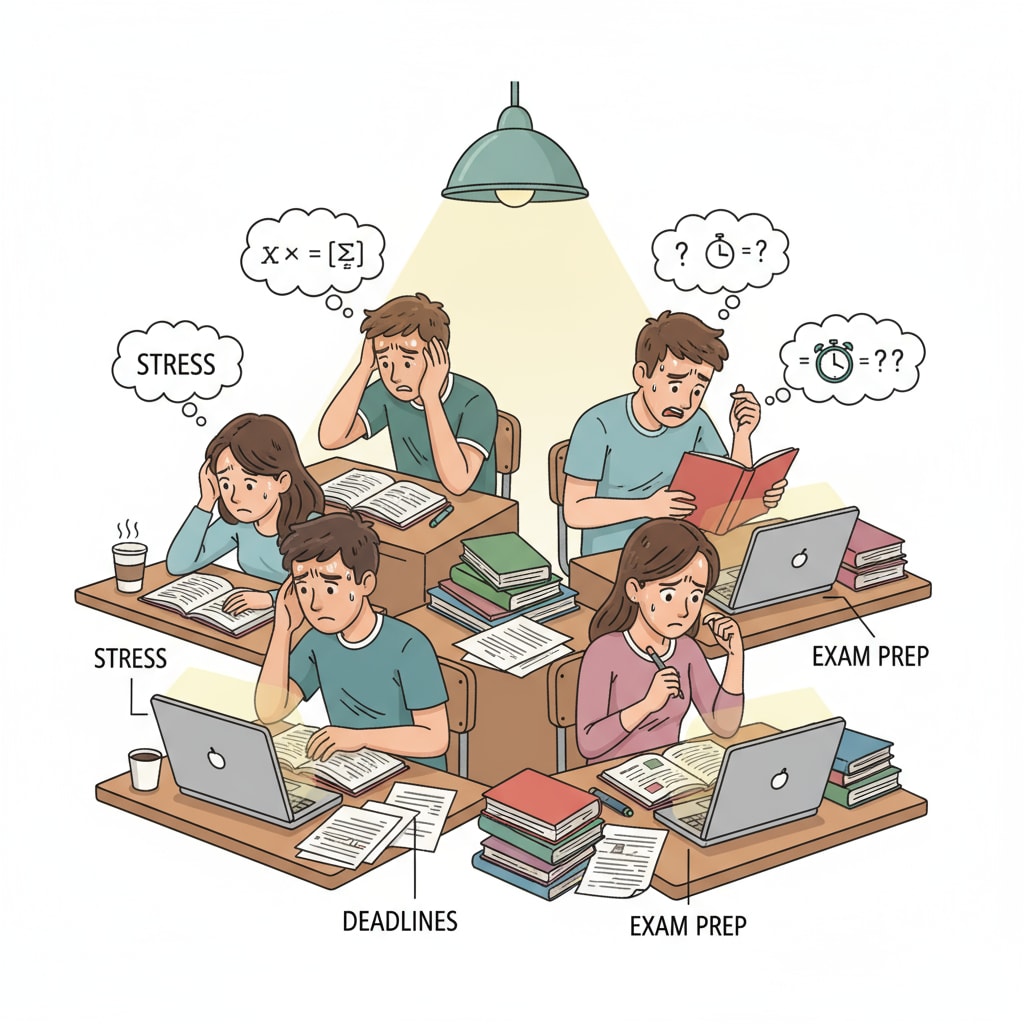Learning anxiety, self-doubt, and learning difficulties are common issues that many teenagers face during their K12 learning journey. These problems can significantly impact students’ academic performance and mental well-being. For instance, a 17-year-old student may find themselves constantly stressed about upcoming exams, doubting their abilities, and struggling to keep up with the curriculum. In this article, we will explore the root causes of these issues and provide effective strategies to help teenagers overcome them.

The Root Causes of Learning Anxiety and Self-Doubt
There are several factors that contribute to learning anxiety and self-doubt in teenagers. Firstly, high expectations from parents, teachers, and society can put a great deal of pressure on students. As a result, they may feel overwhelmed and start to doubt their capabilities. Secondly, a lack of proper study skills can lead to learning difficulties, which in turn can trigger anxiety and self-doubt. For example, if a student doesn’t know how to organize their study time or take effective notes, they may struggle to understand and retain the information. American Psychological Association on Learning Anxiety

Recognizing the Signs of Learning Anxiety and Self-Doubt
It’s important to be able to recognize the signs of learning anxiety and self-doubt in teenagers. Some common signs include avoiding studying, procrastination, difficulty concentrating, and negative self-talk. For instance, a student may constantly say things like “I’m not good at this” or “I’ll never pass the exam.” These negative thoughts can further exacerbate their anxiety and self-doubt. By being aware of these signs, parents and teachers can take timely action to help the students. KidsHealth on School Stress
Strategies to Overcome Learning Anxiety and Self-Doubt
One effective strategy is to help teenagers develop positive self-talk. Encourage them to replace negative thoughts with positive ones. For example, instead of saying “I can’t do this,” they can say “I may find this challenging, but I’ll give it my best shot.” Another strategy is to teach them proper study skills, such as creating a study schedule, taking effective notes, and using mnemonic devices to remember information. Additionally, providing a supportive environment at home and school can also make a big difference. Parents and teachers should offer praise and encouragement when students make progress, no matter how small it may be.
Readability guidance: Use short paragraphs and lists to summarize key points; provide a list under each H2 if possible; control the proportion of passive voice and long sentences; add transitional words (however/therefore/in addition/for example/as a result etc.) throughout the text.


